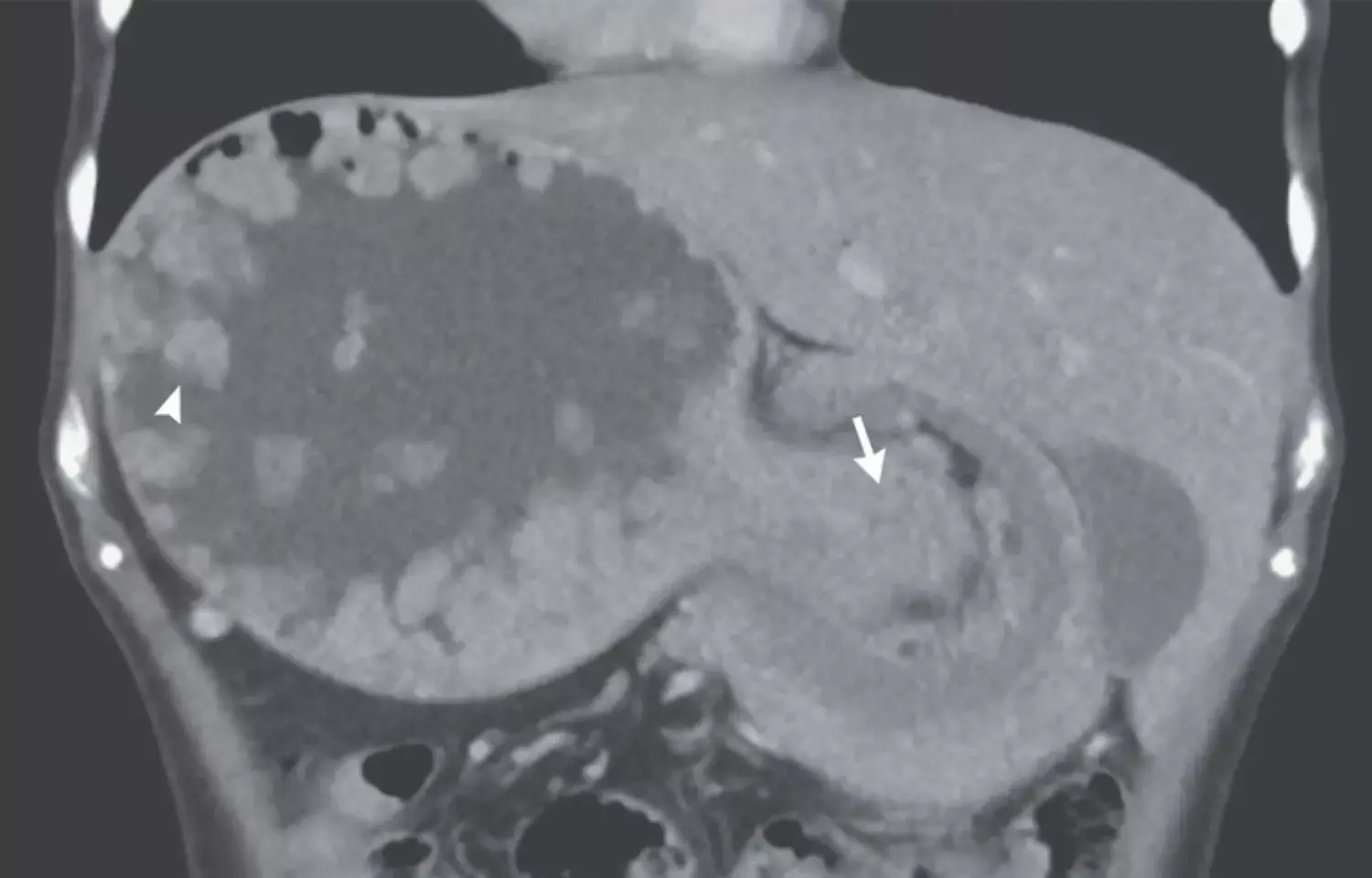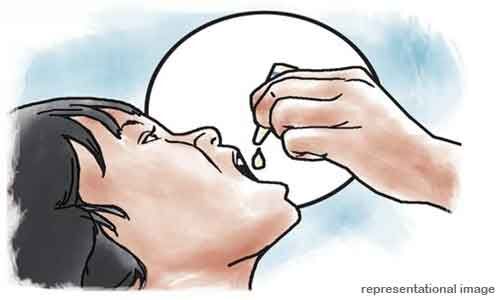- Home
- Medical news & Guidelines
- Anesthesiology
- Cardiology and CTVS
- Critical Care
- Dentistry
- Dermatology
- Diabetes and Endocrinology
- ENT
- Gastroenterology
- Medicine
- Nephrology
- Neurology
- Obstretics-Gynaecology
- Oncology
- Ophthalmology
- Orthopaedics
- Pediatrics-Neonatology
- Psychiatry
- Pulmonology
- Radiology
- Surgery
- Urology
- Laboratory Medicine
- Diet
- Nursing
- Paramedical
- Physiotherapy
- Health news
- Fact Check
- Bone Health Fact Check
- Brain Health Fact Check
- Cancer Related Fact Check
- Child Care Fact Check
- Dental and oral health fact check
- Diabetes and metabolic health fact check
- Diet and Nutrition Fact Check
- Eye and ENT Care Fact Check
- Fitness fact check
- Gut health fact check
- Heart health fact check
- Kidney health fact check
- Medical education fact check
- Men's health fact check
- Respiratory fact check
- Skin and hair care fact check
- Vaccine and Immunization fact check
- Women's health fact check
- AYUSH
- State News
- Andaman and Nicobar Islands
- Andhra Pradesh
- Arunachal Pradesh
- Assam
- Bihar
- Chandigarh
- Chattisgarh
- Dadra and Nagar Haveli
- Daman and Diu
- Delhi
- Goa
- Gujarat
- Haryana
- Himachal Pradesh
- Jammu & Kashmir
- Jharkhand
- Karnataka
- Kerala
- Ladakh
- Lakshadweep
- Madhya Pradesh
- Maharashtra
- Manipur
- Meghalaya
- Mizoram
- Nagaland
- Odisha
- Puducherry
- Punjab
- Rajasthan
- Sikkim
- Tamil Nadu
- Telangana
- Tripura
- Uttar Pradesh
- Uttrakhand
- West Bengal
- Medical Education
- Industry
Uncommon occurrence of intussusception in patient with Peutz-Jeghers Syndrome: Case report

UK: A recent case study published in the New England Journal of Medicine describes the case of a 26-year-old woman with Peutz-Jeghers syndrome who developed gastrogastric intussusception -- an uncommon but serious complication of the Peutz-Jeghers syndrome.
Intussusception is a condition in which one intestine segment "telescopes" inside of another resulting in intestinal obstruction (blockage). It usually occurs at the junction of the small and large intestines and can cause swelling and inflammation leading to intestinal injury.
Peutz-Jeghers syndrome is an inherited condition that predisposes a person to an increased risk of developing hamartomatous polyps in the digestive tract and cancer. PJS is caused by inheriting a mutation in the STK11 gene, also known as the LKB1 gene.
The case in question is of a 26-year-old woman with a known history of the Peutz–Jeghers syndrome who was presented to the emergency department with a 1-week history of abdominal pain and nonbilious vomiting. The heart rate was 110 beats per minute, and the blood pressure 120/90 mm Hg. On examination, a tender mass was palpable in the upper abdomen.
Computed tomography of the abdomen revealed multiple gastric polyps (arrowhead) and gastrogastric intussusception extending into the duodenum (arrow). Gastrogastric intussusception is an uncommon but serious complication of the Peutz–Jeghers syndrome. The patient underwent an emergency laparotomy, which revealed a large, palpable, polypoid mass in the distal stomach.
The intussusceptum was found to be necrotic, and a distal gastrectomy was performed. A Billroth I gastroduodenostomy was constructed to preserve bowel length and to allow for future endoscopic access. The patient recovered well after surgery and was discharged 7 days after presentation. She reported feeling well at follow-up 6 weeks later.
Reference:
The case report titled, "Intussusception in the Peutz–Jeghers Syndrome," is published in the New England Journal of Medicine.
DOI: https://www.nejm.org/doi/full/10.1056/NEJMicm2013175
Dr Kamal Kant Kohli-MBBS, DTCD- a chest specialist with more than 30 years of practice and a flair for writing clinical articles, Dr Kamal Kant Kohli joined Medical Dialogues as a Chief Editor of Medical News. Besides writing articles, as an editor, he proofreads and verifies all the medical content published on Medical Dialogues including those coming from journals, studies,medical conferences,guidelines etc. Email: drkohli@medicaldialogues.in. Contact no. 011-43720751



